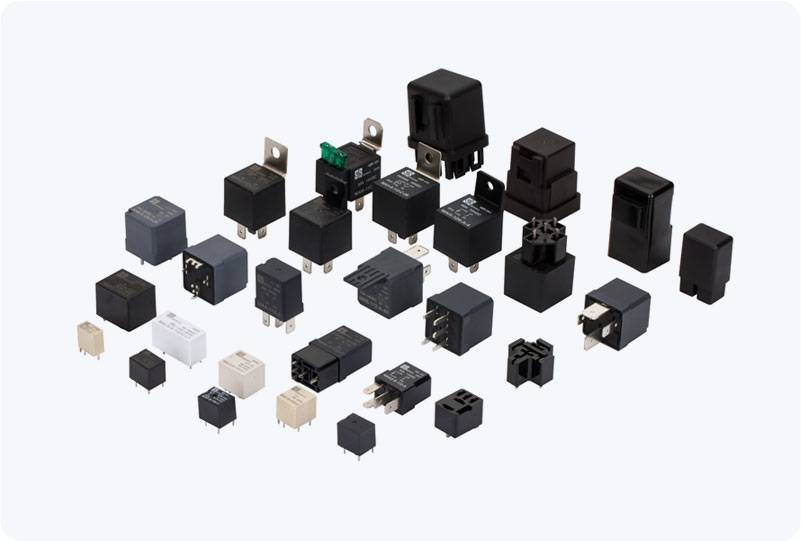In modern industrial environments, motor control is a vital aspect of many automated systems. The heart of these systems often relies on industrial power relays, especially those designed for motor control. These relays serve as the critical link between the control circuits and the high-power motors that drive machines, conveyors, pumps, and other equipment. Understanding the role of industrial power relays for motor control, their features, and their applications can significantly improve the reliability and efficiency of motor-driven operations.

What is an Industrial Power Relay for Motor Control? An industrial power relay for motor control is a switching device that allows a low-power control circuit to control a high-power load, such as an electric motor. It typically works by using electromagnetic forces to open or close contacts within the relay, thus either enabling or disabling the power supply to the motor. These relays are crucial in environments where motors need to be started, stopped, or protected, offering a safe and efficient means of controlling electrical power to large machines. Unlike standard relays that are typically used for lower-power applications, industrial power relays are built to handle high currents and voltages associated with industrial motors. These devices are designed to perform reliably over a long service life, even in harsh environmental conditions.